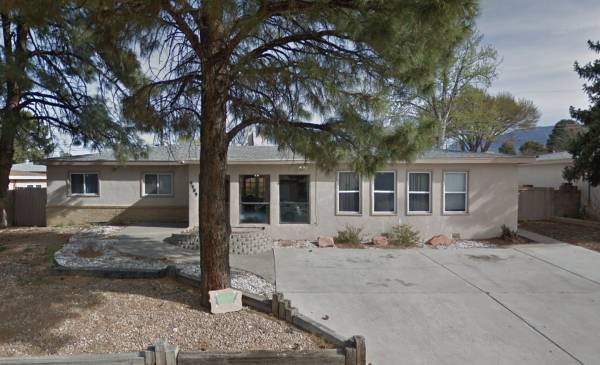
A temporary stay in a nursing home or care facility that provides respite care where the beneficiary receives the same care as permanent residents. You will be provided with personal care and hotel-type services as respite caregivers. The respite subsidy and the beneficiary's needs will affect the approval of the level of care. These facilities offer high-quality care, as well low-level. After the beneficiary has submitted an application, they will be assigned the appropriate level care.
Government funding for residential respite care
The government funding of residential respite services has many advantages. It can provide additional support and stimulation to help your loved one lead a fulfilling life. The fees for residential respite care vary depending on the needs of your loved one. The accommodation and care components are the main parts of these fees. If you need temporary respite care, you may only qualify for the first part of the subsidised program, but you can apply for additional days at any time.

Some states offer several programs to help cover respite. For example, the NFCSP gives preference to seniors with low incomes. Most AAAs assess eligibility based on income, assets, and other factors. Your income must not exceed 200% of federal poverty level (FPL) to be eligible for federal grant programs. In 2018, the income limit of a single individual is $24,280. For married couples, it is $32,920. Higher income limits are in effect for individuals in Alaska and Hawaii.
Types of respite care
There are several types of residential respite care. The first type, out-of-home respite, offers care outside the loved one's home. Adult day care services typically offer activities and some form of physical activity to their clients, along with a midday meal. Staff also assist with activities of daily living, such as taking medications. Also, you can get respite care at home. Before you decide on the type of residential care that you want, consider the needs of your loved ones.
It can be beneficial for your health to take a break from the loved one. Respite can be a great option for caregivers. It's not something to be taken lightly. It can be used for several days or weeks. Respite care is available if the treatment is required for a longer time. These programs are an excellent option for anyone who is feeling overwhelmed and needs a break.
In-home respite care
Residential respite is not possible for everyone, especially those with disabilities. However, home care services offer a great way to fill that void. In-home services are great for anyone who needs companionship, light housekeeping or just a few hours to be alone with their caregiver. They generally charge an hourly fee and can be booked depending on the patient's availability.

In-home respite care has many benefits. In-home respite care gives caregivers a break, and allows them to focus on other tasks or achieve personal goals. Respite care in-home provides caregivers with a fresh set of eyes. Family members accept their roles often without formal training and aren't necessarily well-versed in the details. A fresh perspective can be invaluable. Professional help can also offer valuable tips for caregiver tasks.